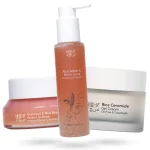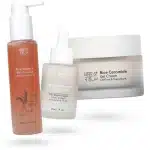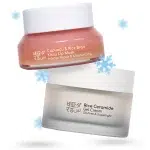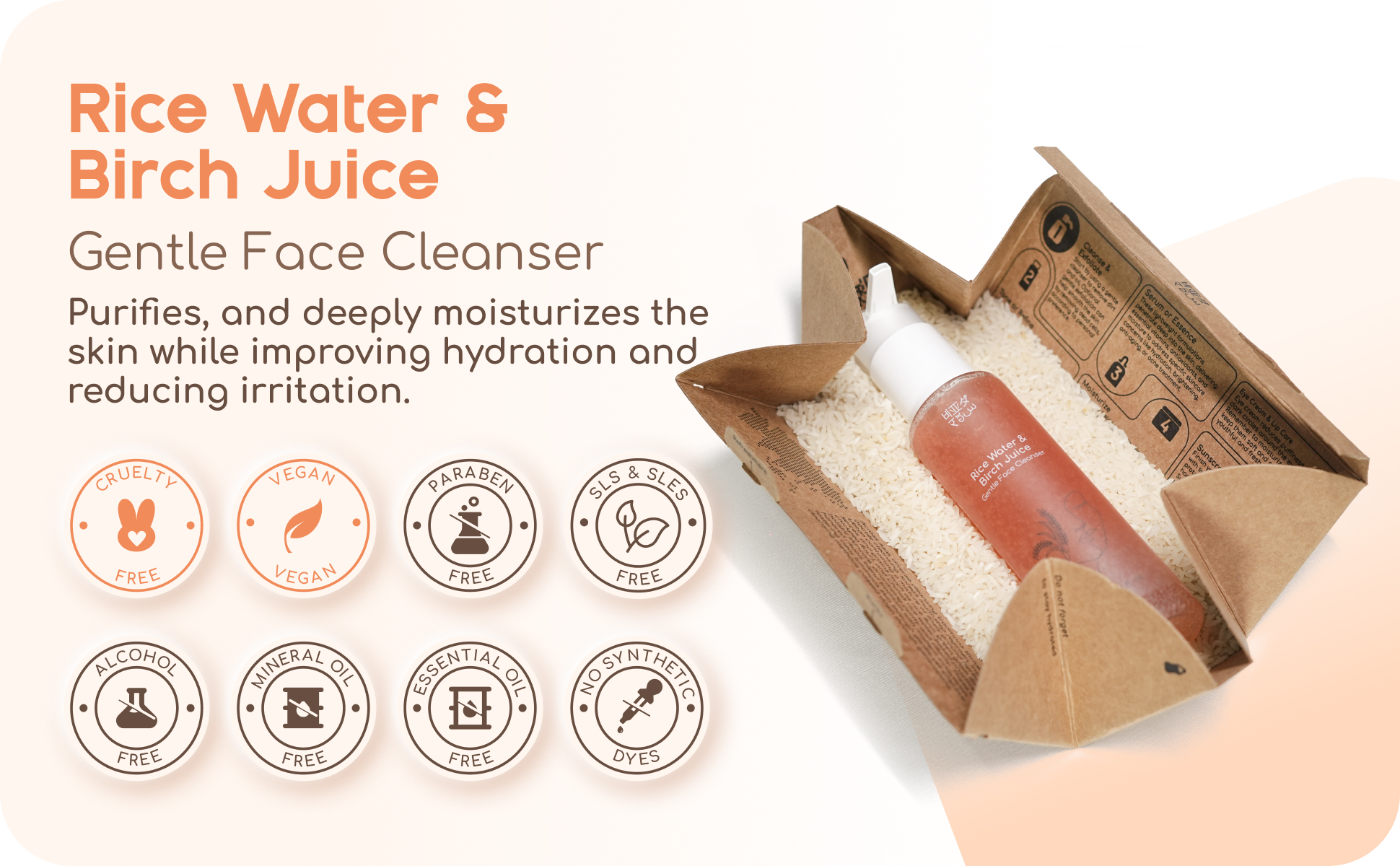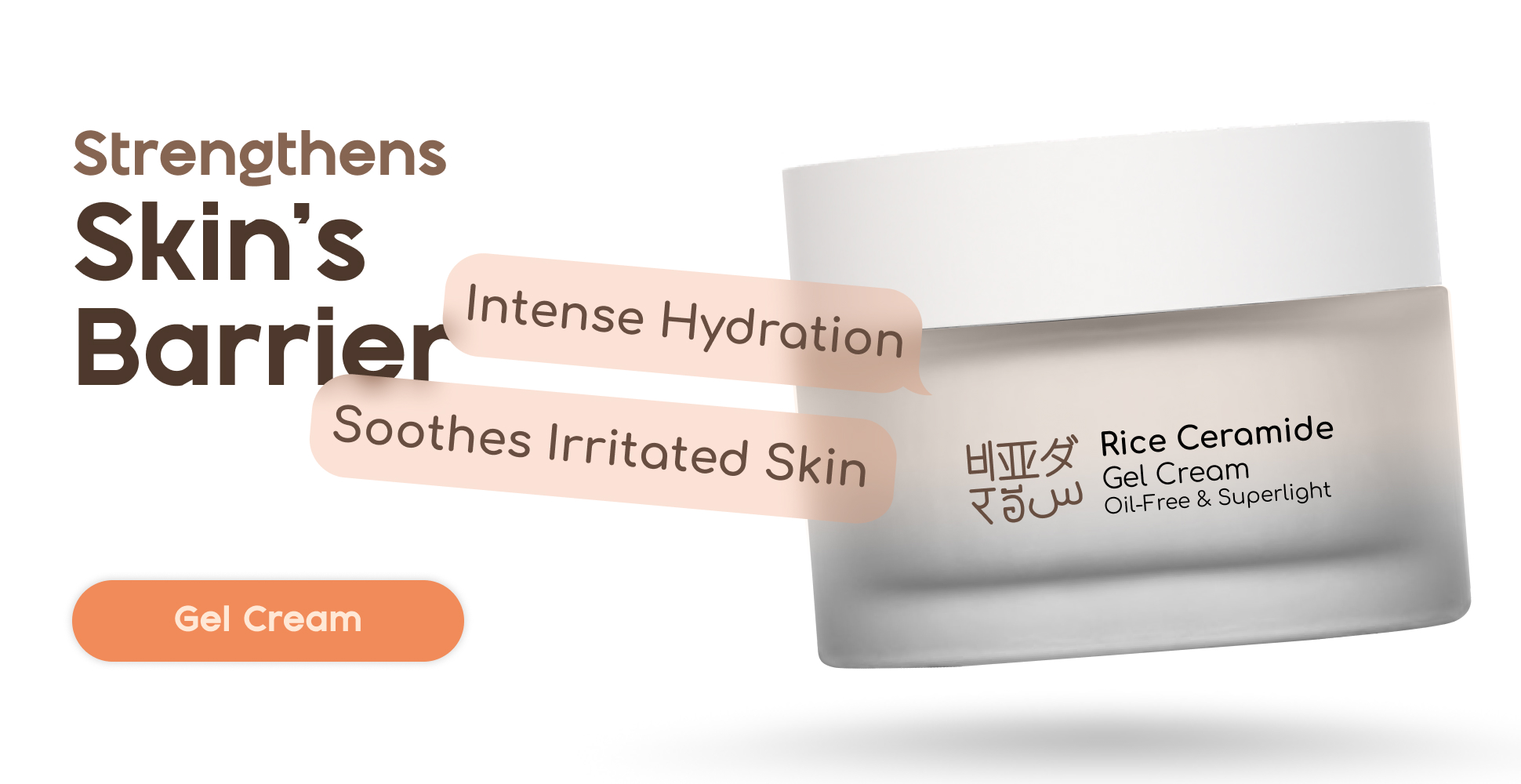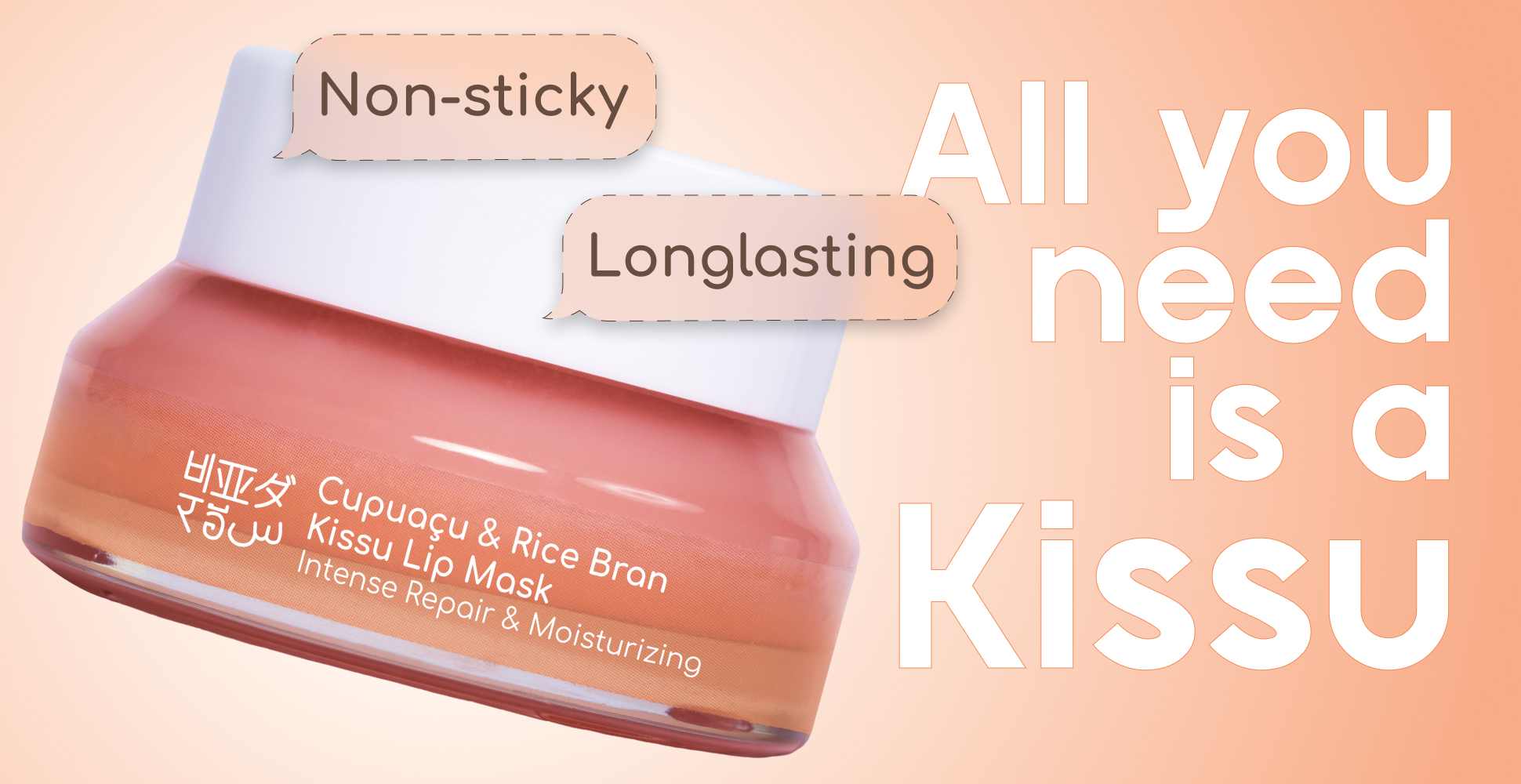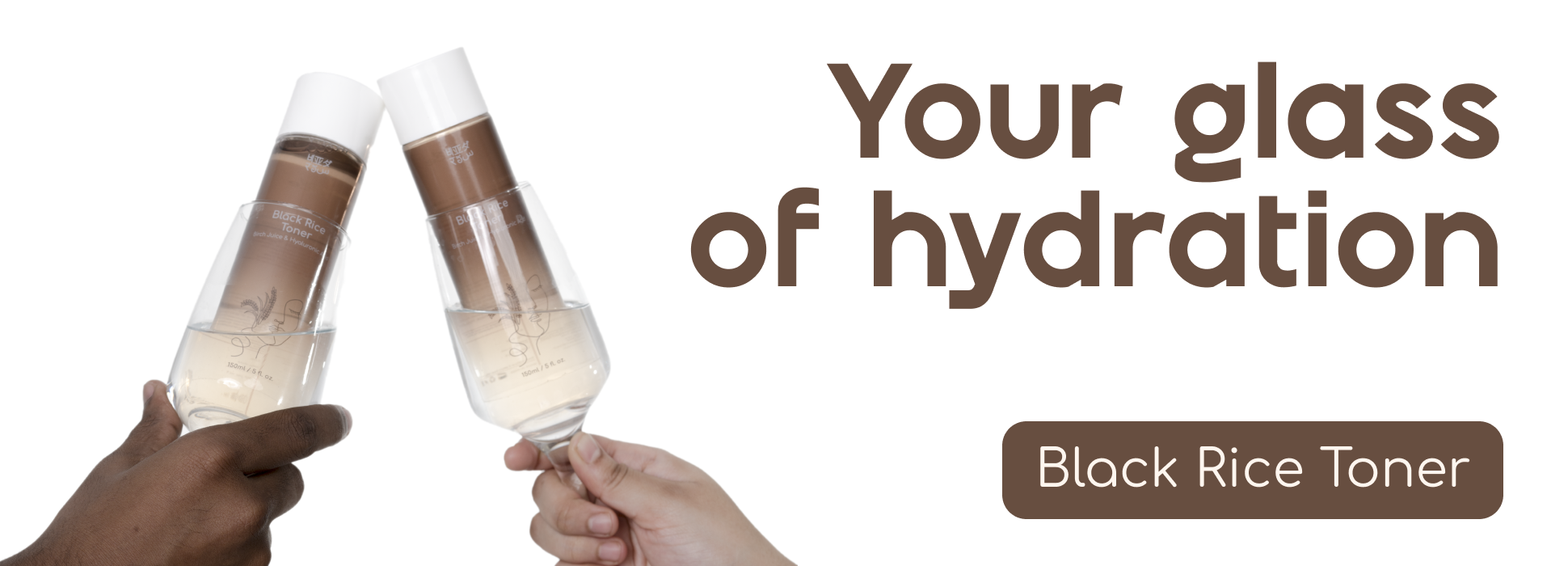Our Hero Products
Kissu Lip Mask – Capuacu butter, Jojoba oil & Rice Bran
Prebiotic, Probiotic, and Postbiotic Skincare.

The skin microbiome, which is home to billions of minute bacteria, lives on the surface of our skin. A balanced skin microbiome is crucial for overall skin health. An imbalance in this ecosystem can lead to various skin issues, including acne, sensitivity, or dryness. By adding prebiotics and probiotics into your routine, you’re supporting this delicate balance and promoting healthier, happier skin.
What Are Prebiotics And Probiotics?
Prebiotics are a meal for the beneficial bacteria that live on your skin. They are natural substances that serve as food for the beneficial microorganisms, encouraging their growth and dominance. In skincare, prebiotic-rich plant extracts or prebiotic-infused products provide the essential nourishment to support the growth of these good bacteria, aiming to maintain a balanced and healthy skin microbiome.
On the other hand, Probiotics consist of live beneficial bacteria or yeasts that, when applied topically, help fortify and strengthen your skin’s natural barrier. Keywords like probiotic skincare or probiotic-enhanced creams and serums introduce these friendly bacteria, aiming to replenish and support the skin’s microbiome, contributing to overall skin health.
How Do They Work On Skin?
The health of the skin is dependent on the right balance of good and bad bacteria. Prebiotics help in maintaining a balanced skin microbiome, promoting a healthy environment for the growth of good bacteria. Probiotics strengthen the skin’s barrier, improving moisture retention and protecting against external aggressors. Together, they assist in calming irritation, reducing redness, balancing the pH of the skin and supporting overall skin health.
“If your microbiome is a bowl of soup, probiotics are the raw vegetables, the postbiotics are the leftover drops after you’ve finished your meal, and the lysates are the noodles floating around in the soup itself.”–Dr. Zeichner
Benefits Of Biotic Skincare
Benefiting all skin types, biotic skincare supports the skin’s barrier function and encourages a healthy bacterial balance.
Benefits of pre, pro, postbiotic skincare:
- Enhanced Skin Barrier Strength
- Balanced Moisture Levels
- Reduced Skin Sensitivity
- Improved Skin Texture
- Minimized Breakouts and Acne
- Radiant and Glowing Complexion
- Quicker Healing Process
- Age-Defying Properties
- Protection Against Environmental Aggressors
Prebiotics And Probiotics To Look In Skincare
In skincare, the prebiotics used include mostly plant-based sugar molecules and oils with healthy carbohydrates that the skin’s microbiome likes.
- Oats: Oats contain beta-glucans, a prebiotic that nourishes your skin’s beneficial bacteria, promoting a healthy microbiome.
- Honey: honey is a great source for prebiotic. It’s loaded with oligosaccharides that act as food for good bacteria, fostering a balanced and thriving skin ecosystem.
- Banana: Bananas contain fructooligosaccharides that feed the good bacteria on your skin, supporting a healthy microbiome.
- Garlic: Known for its savory flavor, garlic also boasts prebiotic properties. It contains inulin, a prebiotic fiber that helps in nourishing the beneficial bacteria on your skin.
- Chicory Root: Chicory root is a rich source of inulin, aiding in maintaining the balance of your skin’s microbiome by acting as a prebiotic.
Probiotic skin care involves applying these microbes topically in the form of products such as creams or treatments.
- Lactobacillus: Found in fermented foods like yogurt, lactobacillus is a probiotic powerhouse. In skincare, it supports the growth of good bacteria on your skin, contributing to a healthy microbiome.
- Bifidobacterium: This is found in fermented foods like kefir, bifidobacterium helps strengthen your skin’s natural defenses and maintains a balanced skin microbiome.
- Saccharomyces: Saccharomyces, found in foods like bread and beer, is a probiotic superstar in skincare, aiding in skin renewal and maintaining a healthy barrier.
- Kombucha: Known for its tangy taste, kombucha contains probiotics like acetobacter and lactobacillus. In skincare, it helps in supporting the skin’s microbiome, promoting a healthy complexion.
Almost any skin care product can contain them, including deodorants, creams, balms, serums, cleansers, gels, masks, exfoliants, foundations, soap bars, primers.
Finally, What Is Postbiotic in Skincare?
They’re an outcome of probiotics and prebiotics; they’re the metabolic byproducts produced when probiotic bacteria ferment. These byproducts contains beneficial substances like enzymes, peptides, organic acids, and antimicrobial compounds.
In essence, postbiotic skincare cuts out the middlemen (AKA prebiotics and probiotics) to deliver the good stuff— postbiotics! — directly to the skin and reap the benefits. After all, it’s not the bacteria themselves that’s actually improving our skin’s condition, but the byproducts.
They play a crucial role in maintaining your skin’s health by offering a multitude of benefits:
- Skin Barrier Support
- Soothing Properties
- Promotion of Skin Renewal
- Antioxidant Protection
- Supporting Overall Skin Health
Postbiotic Ingredients In Skincare
- Fermented Extracts: Ingredients like fermented rice, soy, or yeast extract are rich sources of postbiotics commonly found in skincare products. These extracts offer a range of benefits due to their postbiotic content.
- Lactic Acid: A naturally occurring postbiotic, lactic acid helps in exfoliating the skin gently, promoting cell turnover and brightening the complexion.
- Niacinamide: Also known as Vitamin B3, niacinamide is a potent postbiotic that aids in strengthening the skin barrier, reducing redness, and improving skin texture.
- Short-Chain Fatty Acids: These postbiotics are known for their moisturizing properties and their role in maintaining a healthy pH balance on the skin.
- Peptides: Derived from the breakdown of proteins by good bacteria, peptides are postbiotics that assist in skin repair, firmness, and elasticity.
Conclusion
Your skin microbiome, it’s a thriving community that deserves your attention. Prebiotics, probiotics, and postbiotics play pivotal roles in nurturing and maintaining this delicate ecosystem. While prebiotics feed the good bacteria, probiotics introduce friendly microbes, and postbiotics offer the beneficial aftermath. Skincare products designed around these concepts offer a holistic approach to skincare, ensuring a happy, healthy skin microbiome.

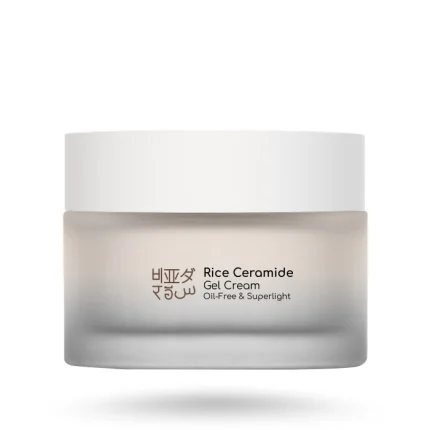

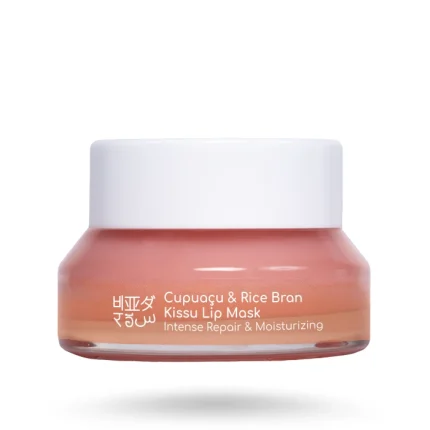
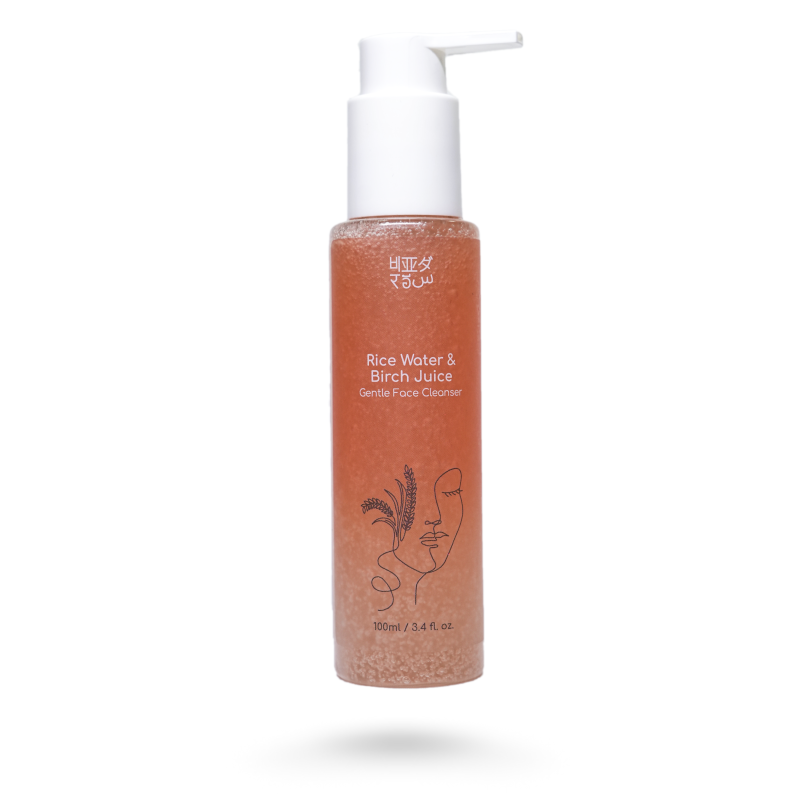
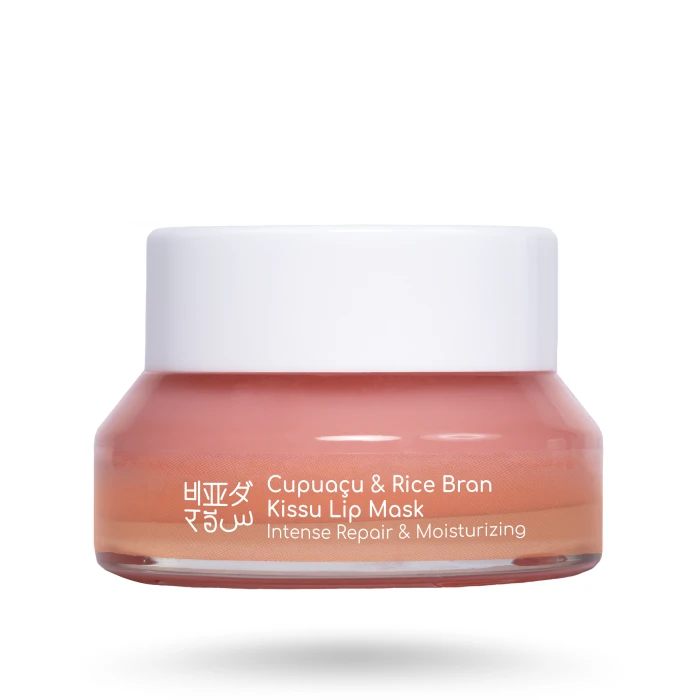
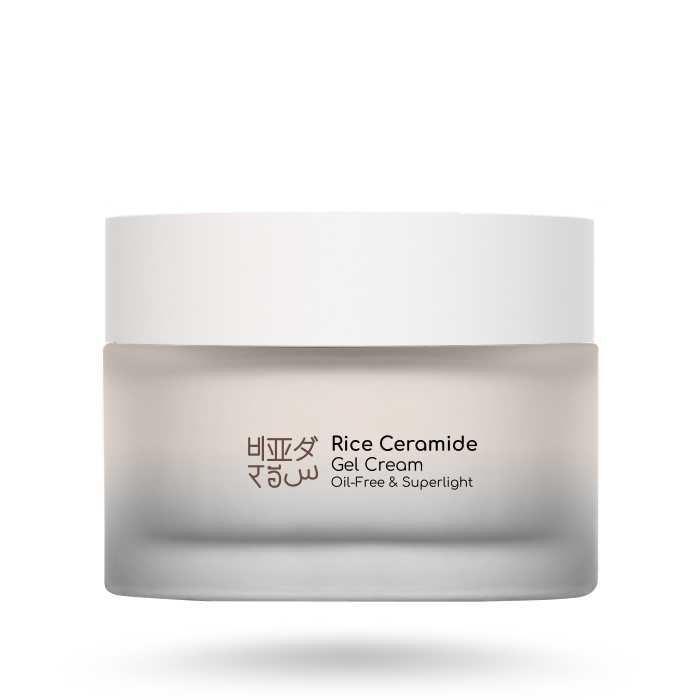
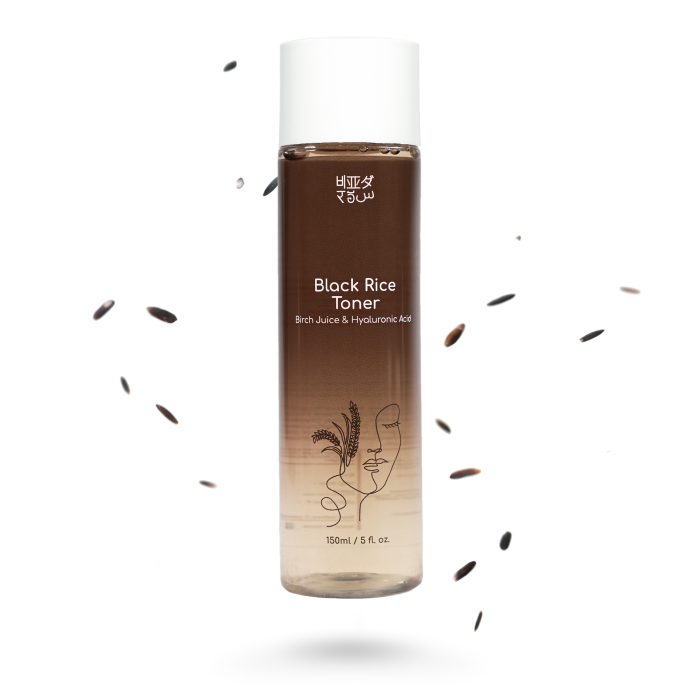
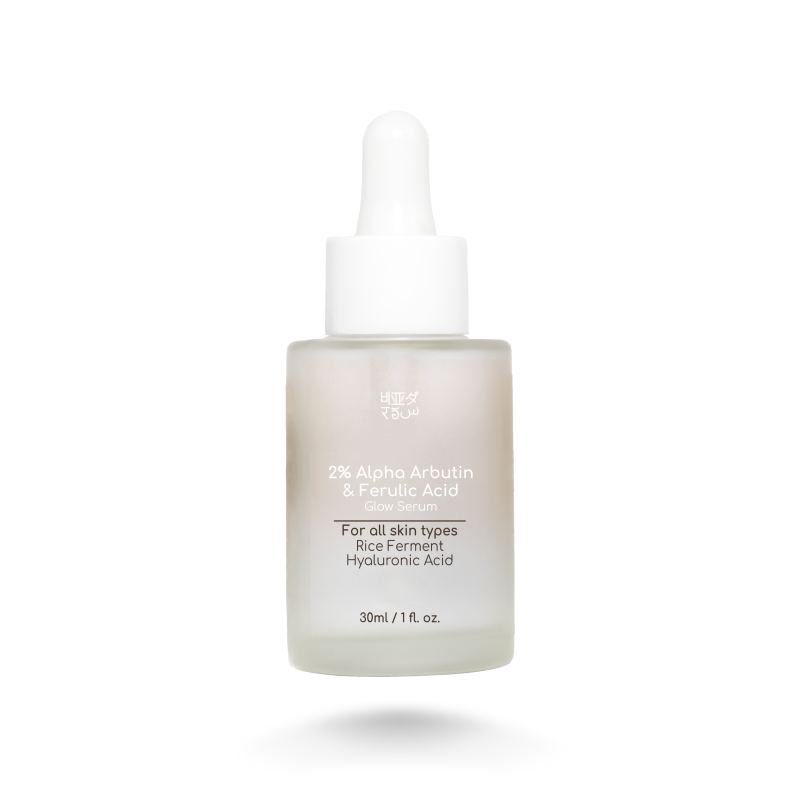
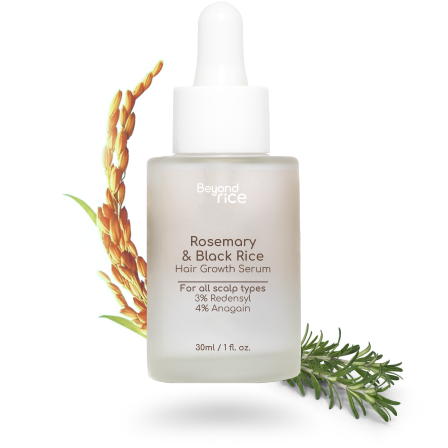
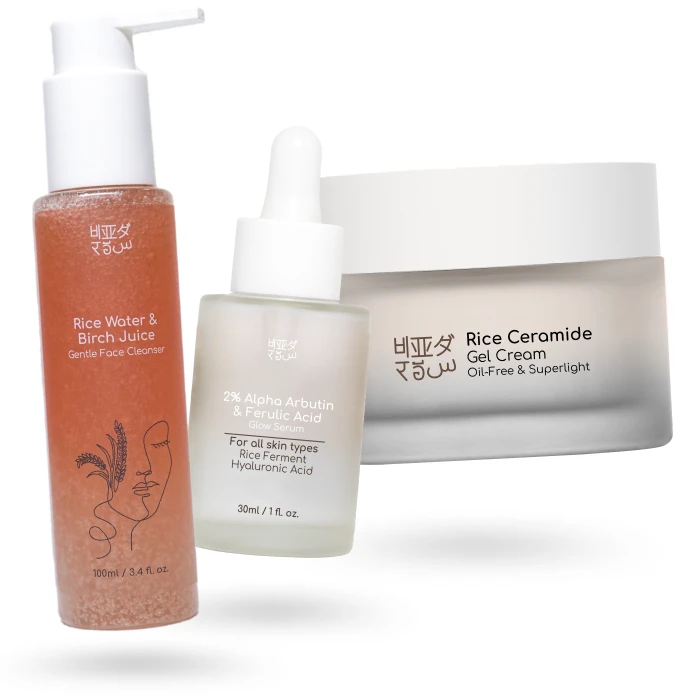
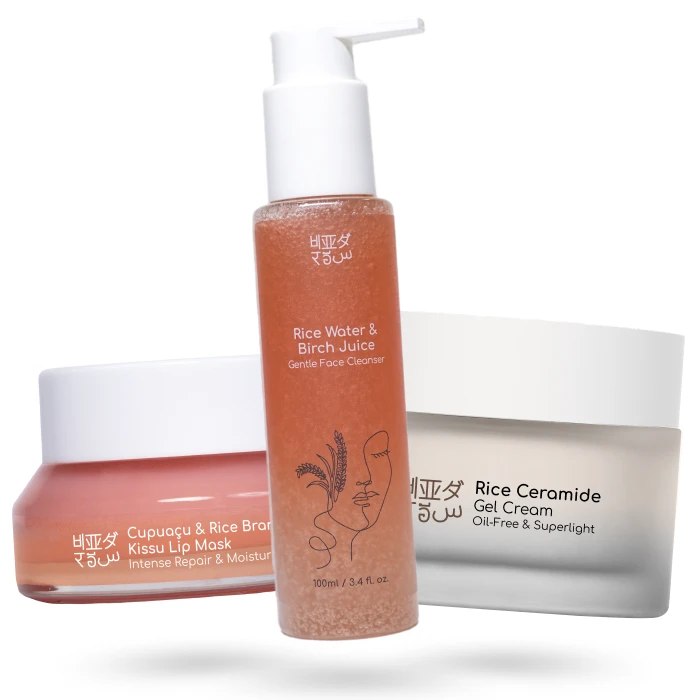
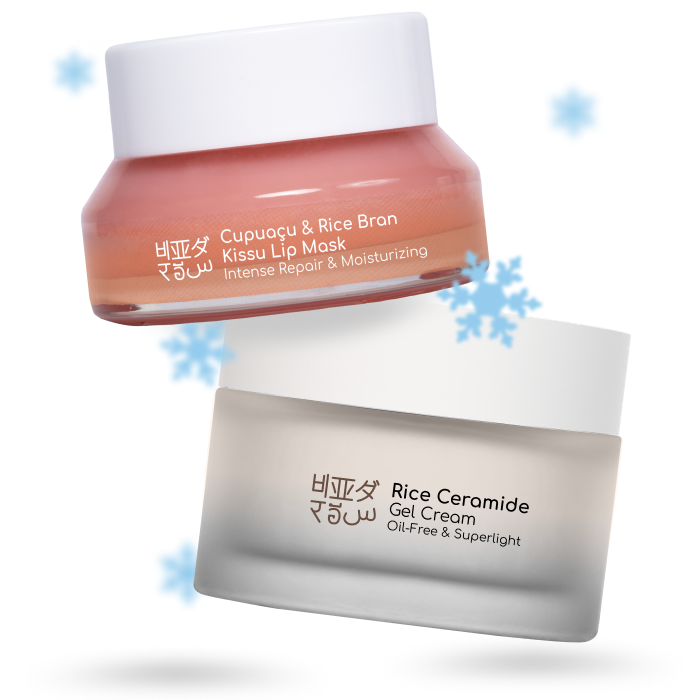
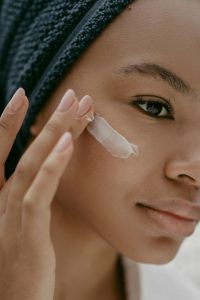
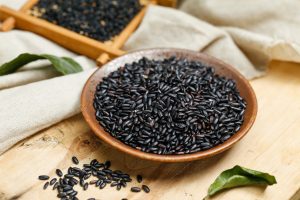
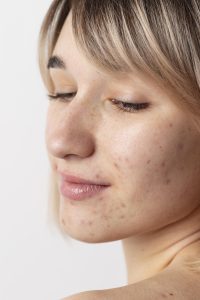

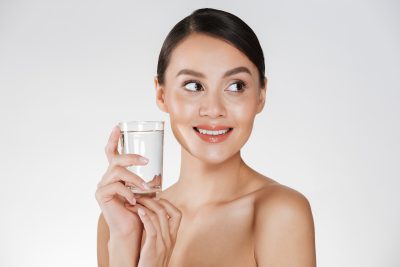

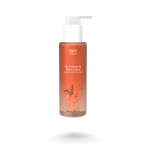 Gentle Face Cleanser - Rice Water & Birch Juice
Gentle Face Cleanser - Rice Water & Birch Juice
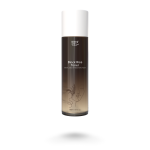 Black Rice Toner - Hyaluronic Acid
Black Rice Toner - Hyaluronic Acid
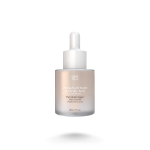 Face Glow Serum - Alpha Arbutin & Ferulic Acid
Face Glow Serum - Alpha Arbutin & Ferulic Acid
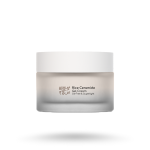 Rice Ceramide Gel Cream
Rice Ceramide Gel Cream
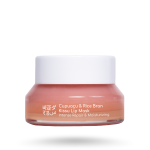 Kissu Lip Mask - Cupuacu & Rice Bran
Kissu Lip Mask - Cupuacu & Rice Bran
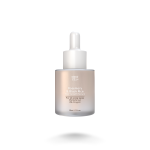 Hair Growth Serum - Redensyl, Anagain & Rosemary
Hair Growth Serum - Redensyl, Anagain & Rosemary
